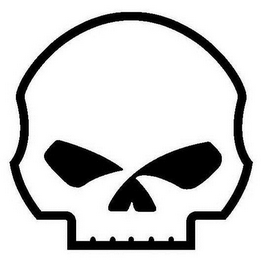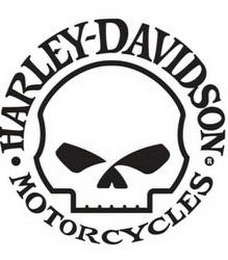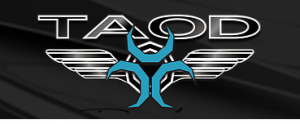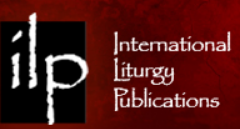South Bend, Indiana – Attorneys for Plaintiff, Tatuyou, L.L.C. (“Tatuyou”) of Hastings, Minnesota, filed suit in the Northern District of Indiana alleging that Defendants, One Ink Seven LLC (“One Ink”) of Goshen, Indiana and Robert F. Smead (“Smead”), infringed its rights in its intellectual property portfolio. Tatuyou is seeking damages,costs, and attorneys’ fees.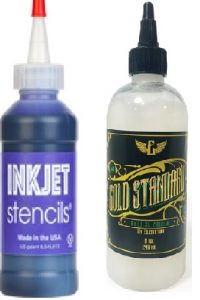
Tatuyou claims to be in the business of selling products to be used in the tattoo industry with an intellectual property portfolio all relating to its sales business. According to the complaint, Tatuyou is the owner by assignment of U.S. Patent No. 9,546,281 (the “‘281 Patent”) entitled “Tattoo Stencil Composition and Method for Manufacturing.” Tatuyou also claims to be the owner by assignment of U.S. Patent No. 8,545,613 (the “‘613 Patent”) entitled “Tattoo Transfer Pattern Printed by an Ink Jet Printer.”
According to the complaint, One Ink does business as “Electrum Supply” and owns and operates a website with the domain name: http://www.electrumsupply.com. Tatuyou claims that One Ink is infringing, actively inducing infringement, and contributorily infringing both the ‘281 Patent and the ‘613 Patent under 35 U.S.C. § 271 by offering for sale products named “Electrum Premium Tattoo Stencil Primer,” “Electrum Gold Standard Tattoo Stencil Primer,” “NOX Violet,” and “Eco Stencils.” Tatuyou’s attorney allegedly sent One Ink a letter on December 20, 2018 informing One Ink of the alleged infringement of the ‘281 Patent and a subsequent letter on June 12, 2019 to inform One Ink of the alleged infringement of the ‘613 Patent.
 Indiana Intellectual Property Law News
Indiana Intellectual Property Law News


